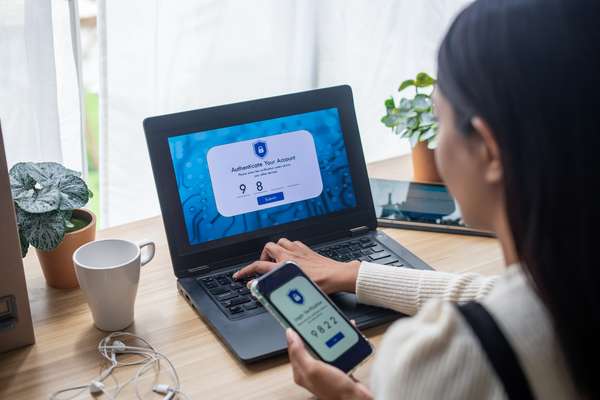Why we need to put down our phones!

There is a strong relationship between parents’ screen time and that of their kids. So, it’s important that we take notice of our own habits.
Research has shown that the average Australian spends 5.5 hours a day on their phone. This works out at almost 17 years of our lives looking at our screens, checking social media, finding information, using apps, playing games, and consuming content.
There is no magic number of hours for recommended screen time for adults; however, there is clear evidence that too much screen time can affect your health.
Too much screen time can lead to:
- Insomnia and poor sleep as the light from screens signals your brain to stay awake.
- Eye strain and headaches from the glare on screens and the brightness of the display.
- Addictive behaviour. Social media and smartphones have been around for less than 20 years and so their impact is still not fully understood, but recent studies have found that people can develop addictive behaviours and symptoms of withdrawal when overusing smartphones and social media apps.
- Neck, shoulder, and back pain from time spent holding a phone and looking down.
- Reduced physical activity levels as more time spent looking at your phone usually means less time taking walks, working in the garden, or playing sports.
Tips for reducing screen time:
- Turn off notifications – this way you won’t be tempted to pick it up each time it pings.
- Decide on a daily limit and set a timer.
- Use the ‘screen time’ setting on your phone – this lets you know how much time you are spending on screens – it will probably be more than you think.
- Limit non-work screen time – it can be difficult to move away from screens at work, but at home, you are in control.
- Keep bedrooms screen-free – you will find your sleep improves.
- Make mealtimes free of TVs, smart phones, and other screens













